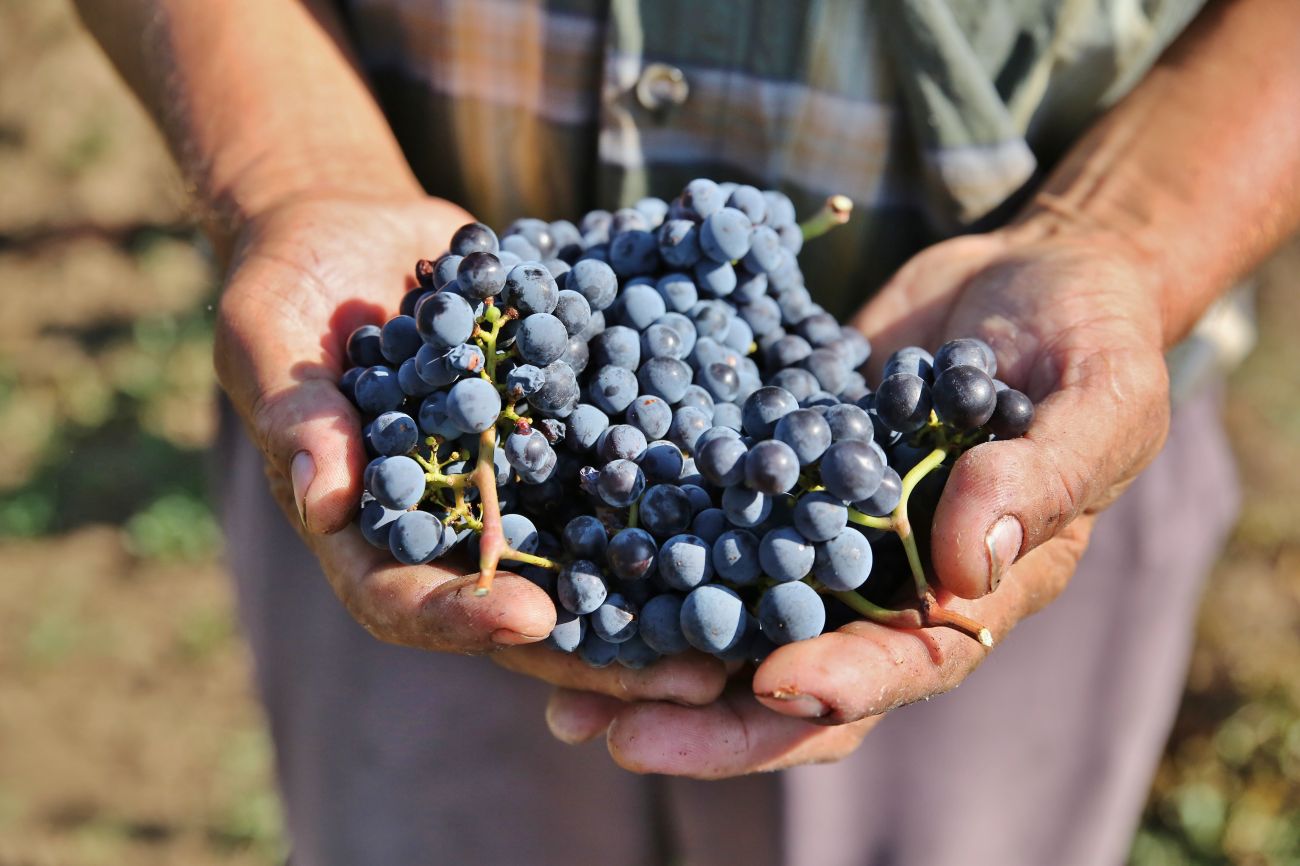In a world where consumers are increasingly concerned about their health and environmental impact, organic and biodynamic wines are rapidly gaining popularity. These wines not only offer a distinct tasting experience but also provide numerous benefits for both consumers and the planet. Here’s why you should consider organic and biodynamic wines for your next purchase.

What are organic and biodynamic wines
Organic wines are made from grapes grown without the use of pesticides, herbicides, chemical fertilizers, or other synthetic substances. These wines adhere to strict regulations that ensure the entire production process, from vineyard to bottle, follows organic farming principles.
Biodynamic wines go a step further, based on principles developed by Rudolf Steiner in the 1920s. Biodynamic farming treats the vineyard as a living, holistic organism, using natural preparations and following a cosmic calendar that considers the phases of the moon and planetary positions. Thus, biodynamic wines not only exclude synthetic chemicals but also integrate sustainability and soil regeneration practices.
Health benefits
Consuming organic and biodynamic wines can offer numerous health benefits. Without pesticide and chemical residues, these wines are less likely to cause allergic reactions or other adverse health effects. Additionally, many organic wines contain lower levels of sulfites, substances that can cause headaches and other unpleasant symptoms in some people.
Studies also suggest that organic wines may have higher levels of antioxidants, such as resveratrol, which is associated with various health benefits, including reduced risk of cardiovascular diseases and protection against certain types of cancer.
Environmental benefits
One of the main arguments in favor of organic and biodynamic wines is their positive environmental impact. By eliminating the use of chemical pesticides and herbicides, organic farming helps protect biodiversity and maintain healthy ecosystems. Biodynamic practices, with their focus on soil regeneration and natural resource use, promote long-term sustainable agriculture.
Moreover, producers of biodynamic and organic wines are often involved in water conservation projects and carbon emission reduction efforts, contributing to the fight against climate change.
Wine taste
Another notable benefit of organic and biodynamic wines is the authenticity of their taste. Grapes grown without chemicals are often healthier and more resilient, resulting in higher quality raw materials. Careful agricultural practices and adherence to natural cycles allow for the development of authentic and complex flavors, more accurately reflecting the terroir from which they come.
Many wine connoisseurs and critics appreciate biodynamic wines for their purity and complexity, considering them to offer a distinct tasting experience.
Organic and biodynamic wine producers in Romania
In Romania, one notable producer of biodynamic wines is Domeniul Bogdan, located in Dobrogea near the village of Peștera in the Murfatlar DOC area. The first biodynamic wine was launched in 2020, and Domeniul Bogdan has marked several milestones, including the release of the first biodynamic Fetească Neagră, MagnaLuna. They also offer a range of organic wines.
Other wineries, such as Domeniile Franco-Române, Petro Vaselo, Nachbil, Budureasca (Organic range), and La Migdali, are also making significant efforts to protect nature and produce high-quality organic wines.
Additionally, some wineries, although not officially certified, are known for their artisanal practices, such as Agape Arta și Natura and Crama Jelna.
The number of organic and biodynamic wine producers continues to grow, promising a future full of diversity and complexity for lovers of this wine style.
Organic and biodynamic wines represent a beneficial choice for both health and the environment. These wines offer an authentic and complex tasting experience while promoting sustainable agricultural practices, protecting biodiversity, and contributing to the fight against climate change.
11/06/2024










